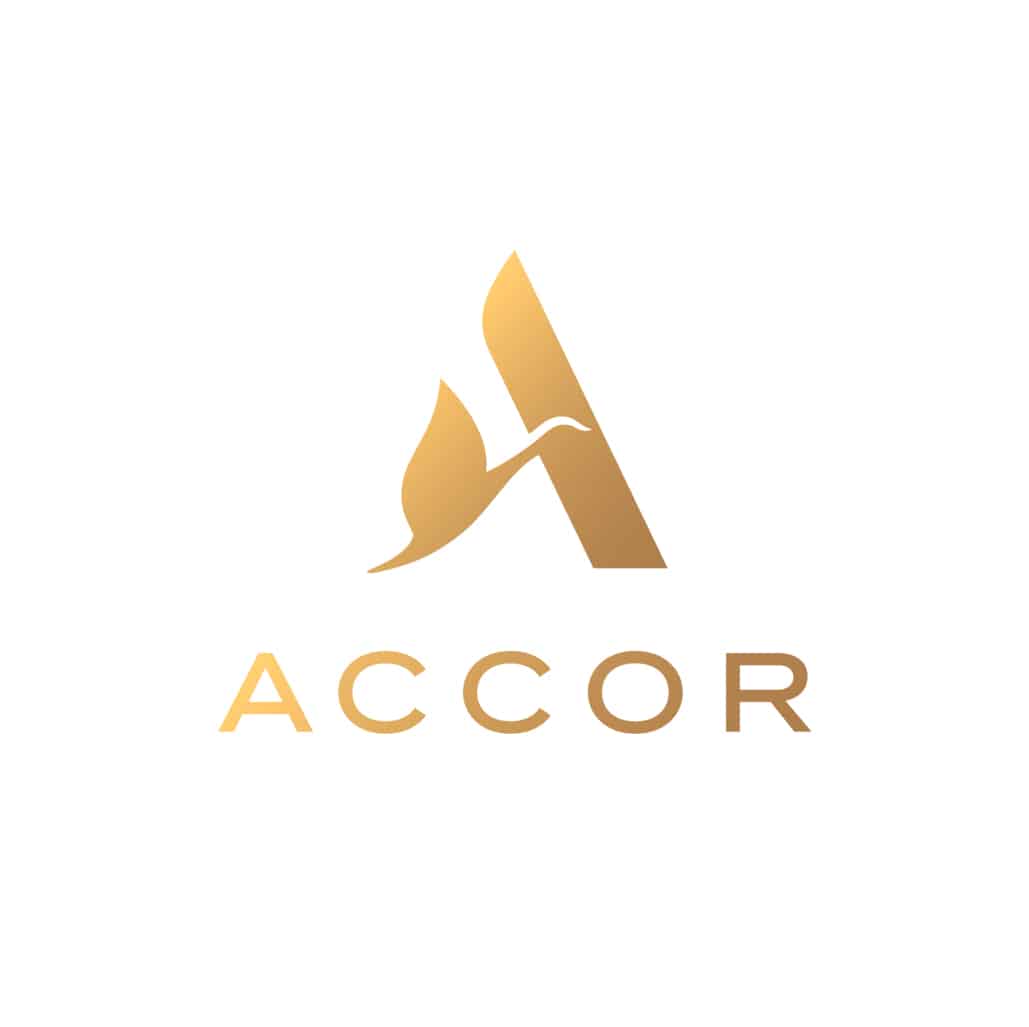Reducing GHG emissions caused by food waste

The Accor Group is taking action to reduce greenhouse gas emissions caused by food waste, in line with its carbon strategy based on the SBT (Sciences Based Targets) initiative. The Accor Group has made a commitment to reduce food waste by 30% between 2015 and 2021. Thanks to the partnership established with the start-up, Too Good To Go, Accor hotels and restaurants sell off uneaten food at modest prices, thereby limiting food waste and carbon emissions.
Main project's drivers for reducing the greenhouse gas (GHG) emissions
Energy and resource efficiency
Energy Decarbonisation
Energy efficiency improvements
Improving efficiency in non-energy resources
Emissions absorption
Financing low-carbon producers or disinvestment from carbon assets
Reduction of other greenhouse gases emission
Project objectives
Over 8% of global greenhouse emissions are due to food waste. However, too much of the food purchased in hotel restaurants goes uneaten. As such, this project, established in partnership with the start-up Too Good To Go, aims to reduce food waste in hotels and restaurants managed by the Accor Group.
Too Good To Go provides hotels within the Group a solution to reduce the food waste caused by unused products. This solution involves the safe redistribution of meals when services end and, via the Too Good To Go app, hotels can take action and offer dishes (or food products) to potential new customers.
Emission scope(s)
on which the project has a significant impact
- Emission scopes
- Description and quantification of associated GHG emissions
- Clarification on the calculation
Scope 1
Direct emissions generated by the company's activity.
Scope 2
Indirect emissions associated with the company's electricity and heat consumption.
Scope 3
Emissions induced (upstream or downstream) by the company's activities, products and/or services in its value chain.
Emission Removal
Carbon sinks creation, (BECCS, CCU/S, …)
Avoided Emissions
Emissions avoided by the activities, products and/or services in charge of the project, or by the financing of emission reduction projects.
Scope 3 :
Other things being equal, reducing CO2 emissions leads to a drop in the volumes
- Quantification : 135 tCO2eq/year (since 2016)
- 1 kg of food waste equals 2.5 kg of CO2 equivalent (FAO, 2013). 1 meal is thought to equal 1 kg of food
Since 2016, 650 Accor hotels have redistributed 450,000 meals and avoided over 1,125 tonnes of CO2 with Too Good To Go.
Key points
Invested amount
NA
Starting date of the project
September 2016
Project localisation
650 hotels in Europe, including 300 hotels in France
Project maturity level
Prototype laboratory test (TRL 7)
Real life testing (TRL 7-8)
Pre-commercial prototype (TRL 9)
Small-scale implementation
Medium to large scale implementation
Economic profitability of the project (ROI)
Short term (0-3 year)
Middle term (4-10 year)
Long term (> 10 year)
Illustrations of the project
This project means initiatives can be increased in all Accor Group hotels to sell off unused foodstuffs at affordable prices. As such, it contributes to the following sustainable development goals:
- SDG 2 Zero hunger;
- SDG 12 Sustainable consumption and production patterns.
This solution to combat food waste can be deployed in all hotels located in countries where the Too Good To Go application is available.Teams at the Accor Group headquarters must provide some support to the hundreds of sites (hotels) for setting up the Too Good To Go solution within their core operations.
At this stage, Accor Group is combatting food waste across Europe thanks to the partnership established with the start-up, Too Good To Go.
Contact the company carrying the project
delphine.stroh@accor.com commercant@toogoodtogo.fr
